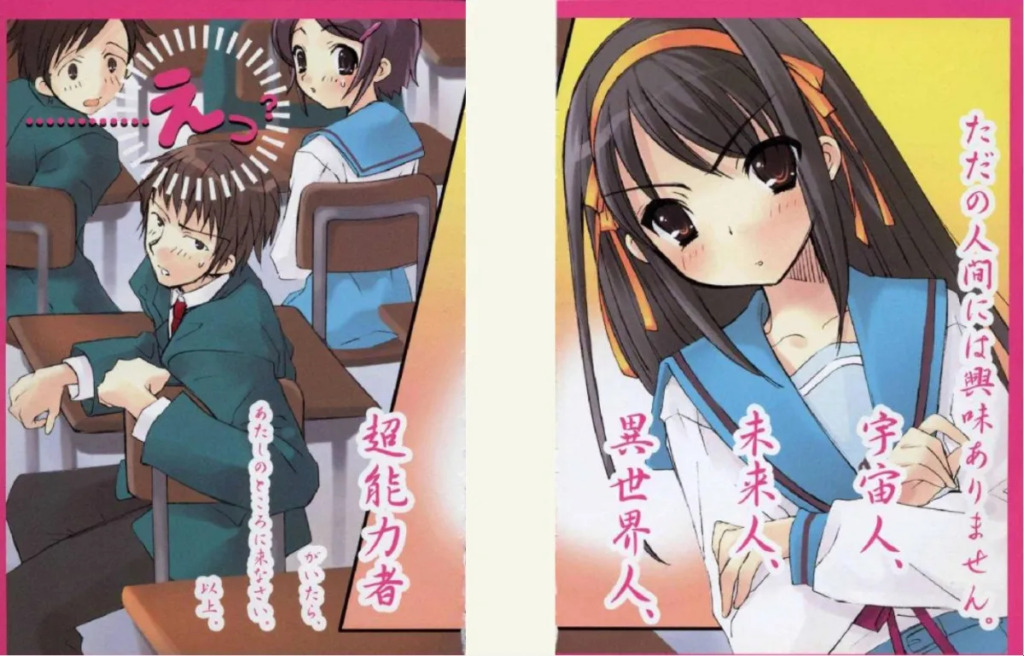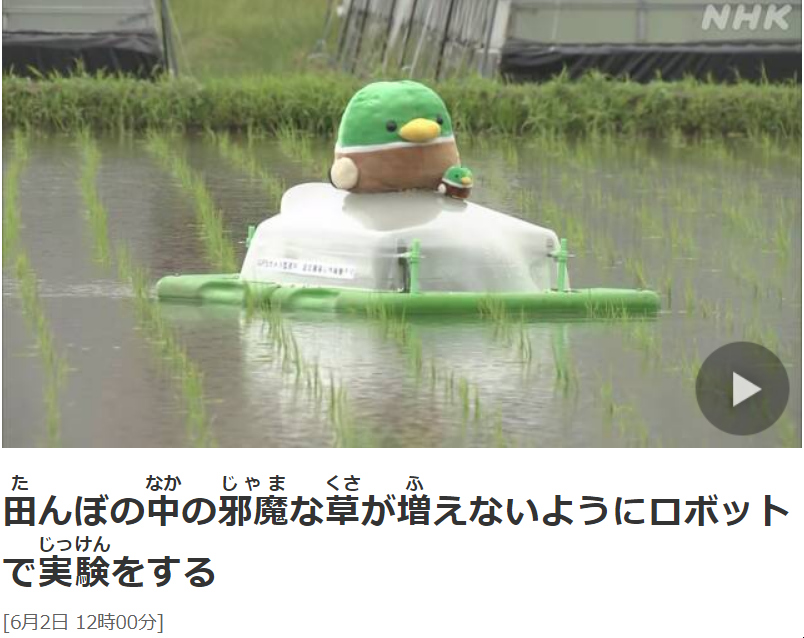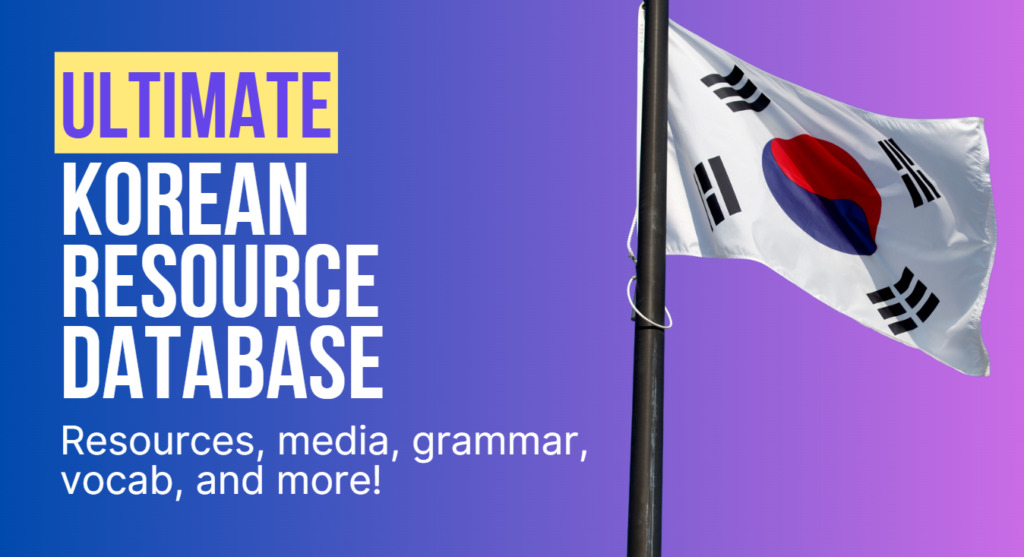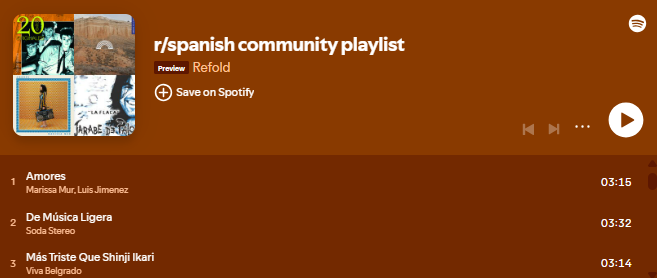Tips for Japanese Reading Practice

Intensive Reading
- Set up Yomichan to look up unknown words instantly as you read.
Reading a lot is essential for improving your Japanese. There’s no shortcut. You will need to put in the hours and engage with challenging content and do lots of Japanese reading practice.
Initially, you may find yourself “working” through articles, doing many dictionary look-ups. That’s perfectly fine! Over time, as you improve, these look-ups will decrease. You’ll be able to read longer passages without needing to check new words or grammar.
Set up YomiTan
Before starting to read websites in Japanese, you’ll need an interactive dictionary to help you make sense of the words. Even if you can sound out the kana, you may not understand what you’re reading. You’ll save a lot of work if you install YomiTan, the best Japanese learners dictionary out there.
Volume!
- Aim to read for at least one hour a day.
- Don’t forget to include one hour of active listening immersion too!
- If you can read more, go for it!
Choose topics that interest you. Even if the material is above your level, your interest will keep you motivated.
Varied Difficulty
- Read a mix of easy and challenging material.
- Try to balance both types every day.
Reading easier content helps you become familiar with vocabulary and grammar. This will improve your reading speed.
Conversely, tackling harder content is key to expanding your vocabulary and enhancing your language skills.
NHK Web Easy

Story: 3/5
Language Learning Rating: 4/5
Overall Score: 4/5
Sue is an aging housecat who’s looking forward to living out her life in peace… but her plans change when the mischievous black tomcat Tai-chan enters the picture! Hey! Sue never signed up to be a catsitter! – Anilist
- Furigana: Yes
- Native Audio: No
- ️Pictures: Yes
- Videos: Occasionally
Summary
NHK Web Easy News takes normal news articles and rewrites them in simple Japanese so that children can understand current events.
Features
- Names and places are color coded (which just mean you can ignore these words for now as a beginner)
- Usually 3-5 new articles are posted every weekday.
- Some articles have accompanying videos.
- Includes a link to the “normal” news article so that you can challenge yourself. Reading the easier article, and then the harder or normal one is a great way to push yourself and bridge the gap between beginner and intermediate reading materials.
福娘童話集
- Furigana: No
- Native Audio: Yes
Summary
福娘童話集 is a collection of over 2000 folk tales and campfire ghost stories meant for children. Each story is usually about half a page to a page.
These short stories are great for getting you used to more descriptive language and dialogue while still at an early level.
Features
Most stories also have accompanying audio, where the story is read out loud by a native speaker.

Content: Folk Tales, Ghost Stories.
Difficulty: 3/10
Example Paragraph: むかし、ある浜辺に、やかんが打ち上げられていました。
これを見つけた男が、
「何だこれは? ずいぶんと変わった形だが」
と、やかんを持って考えていると、そこへ大勢の村人が集まって来ました。
日本語多読道場

Content: Graded readers from N5 – N1+
Example Sentence: 地震から10日後、インターネットで中学校の友だちの名前を見つけました。地震で亡くなったのです。
- Furigana: Yes
- Native Audio: Yes
- ️Pictures: Yes
Summary
日本語多読道場 is a website that has graded readers for beginner-intermediate learners. The stories themselves are pretty short, usually only about a page long.
Features
Every story has multiple high-quality photos to help you understand what is going on and also has an audio recording of a native speaker so that you can read and listen at the same time.
Towards Intermediate Level Reading

Reading these harder sources listed below is a great way to push your abilities, grow your vocabulary, and get into reading actual Japanese material that is meant for a native audience.
Nothing is really going to prepare you for tackling this harder material, so it’s best to just jump straight in and try a little bit every day, while also continuing to use the easier resources listed above. Eventually, this content will also become easy!
仏教ウェブ入門講座
- Furigana: No
- Native Audio: No
Summary
仏教ウェブ入門講座 is a blog that tries to teach various aspects about Buddhism and help people deal with everyday struggles in work, relationships, and at home. It reads more like a self-help/improvement blog rather than anything about religion.
Most other Japanese blogs are written in a similar format, so it’s good practice for learning how to read normal Japanese while also remaining within a daily life genre and not being overly difficult.
Buddhism is a huge part of Japanese history and culture, so it’s important to learn about it for cultural reasons even if you won’t practice it.
You’re going to learn some cool vocabulary if you read this.

Content: Self-help, Self-Improvement, Religion
Difficulty: 5/10
Example Paragraph:
まずやりたくないことを毎日やらなければならない人は、「なんのために生きるのか」と考えがちです。
早い人なら子供の頃から、なんのために毎日学校へ行って、勉強しなければならないのだろう、ということをきっかけに、なんのために生きるのかという疑問を持ち始めます。
小説家になろう!
- Furigana: No
- Native Audio: No
Summary
小説家になろう is a website where aspiring authors will publish chapters/pages of whatever story they are working on. Most stories tend to be isekai/fantasy or romance. This website is great for getting started with reading actual Japanese (light) novels while still being able to take it one page at a time.
Use jpdb.io to search for novels by difficulty, length, or character count.
くまクマ熊ベアー is a good series to start with if you don’t know what to read (and has over 20+ full novels worth of content).

Difficulty: N/A
Content: Fiction, Fantasy, Romance, Webnovels
Example Paragraph: ゴブリンキングを討伐したあとギルドで依頼を受けつつ、いろいろ実験を行った。
魔法の応用、魔法イメージの仕方、クマ魔法の威力の確認。
ゴブリン王の剣の使い方、魔力の通し方、投げナイフの使い方。
クマの攻撃力、クマの防御力の確認。
クマボックスの仕舞える量、おおきさなどの確認。
いろいろと検証した一週間だった。
Challenge Section!
- Furigana: No
- Native Audio: No
Summary
日本史事典 is a blog that posts lots of articles about Japanese history, world history, and politics sorted by time period.
These articles can get pretty tough due to the names of people/places and references to other historical events, so expect it to be a bit more challenging than the other material listed here. It might take you an hour to read one article when you start, but you will get faster as you keep reading more!
Features
Articles are sorted chronologically, so you can work your way back/forward in time and learn about each time period in Japan. I think that working your way backward is easier, since you can rely on your knowledge of recent events (21st-century history).
Each article includes multiple pictures.

Content: History, Politics
Difficulty: 7/10
Example Paragraph:
世界初の社会主義国家を樹立した革命であるロシア十月革命。
この革命は世界に社会主義という新しい政治システムを広めることとなるのですが、ロシアはそれ以前から革命の機運が高まっていた国でもあったのです。
今回はそんなロシアの最初の革命が起こるきっかけとなった『血の日曜日事件』について簡単にわかりやすく解説していきます。
(中略)
血の日曜日事件が起こる以前、ロシアという国はその国土の殆どが不毛な大地だったことや、長い間農民を苦しめていた農奴制が1861年まで行われていたこともあり、国内の近代化や工業化があまり進んでいない状態でした。
また、ロシア国内ではモスクワやサンクトペテルブルクに住んでいる貴族や資本家と農地に住んでいた農民との間に比べ物にならないほどの格差が存在していました。
さらに、ロシアの政治システムも西洋諸国が民主主義を取り入れる中、当時の皇帝ニコライ2世は皇帝による独裁を徹底的に維持し、民主主義を空想だと一蹴していたのです。
Like what you see?
Sign up now and we'll deliver even MORE amazing content like this right to your inbox!
- Receive our exclusive 6 SECRETS to language learning success email course.
- Stay motivated with weekly emails overflowing with helpful language-learning tips, tutorials, and more!
- Get behind the scenes access into the inner workings of Refold!









